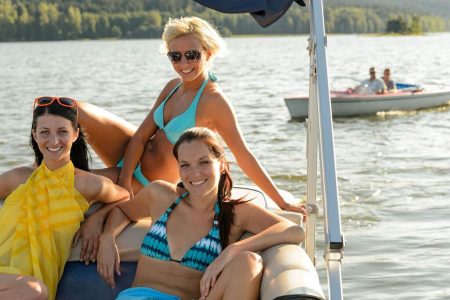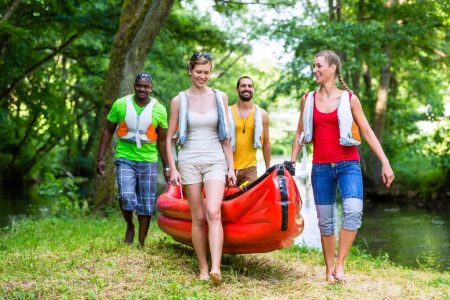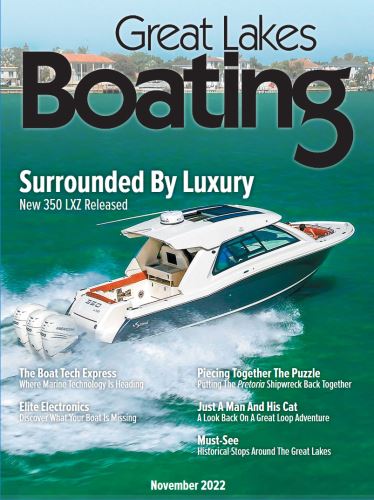Going Millennial
July 2016
Trending
GLB Admin
How can the boating industry better attract the Millennial generation?
By Kathleen Ferraro
My great-grandfather took his pontoon around the Spider Chain of Lakes in Wisconsin. My father spends his summers sailing Lake Superior. I took my first cruise as an infant, and have been on the water ever since. Like the generations before me, I am and will continue to be an avid boater. Unlike my predecessors, I don’t plan on owning a boat to sustain my boating habits.
I’m a millennial, and millions like me are approaching boating differently than prior generations. If the boating industry wants to keep us as boaters and prosper amongst this rising generation, it needs to approach us differently. These changes may not be earth-shattering, but they are game-changers for the recreational boating and sportfishing industry.

123rf.com/Jean-Marie Guyon

123rf.com/kzenon

